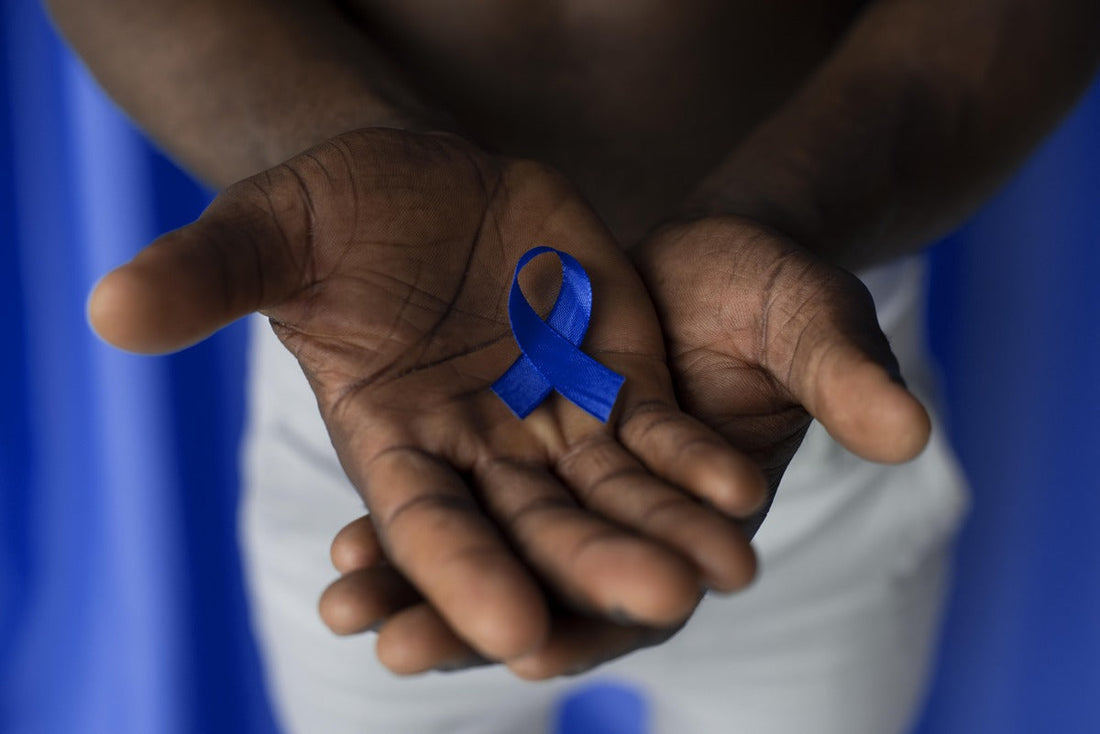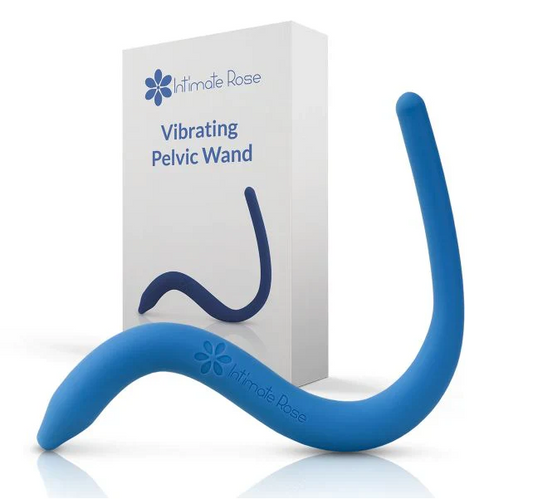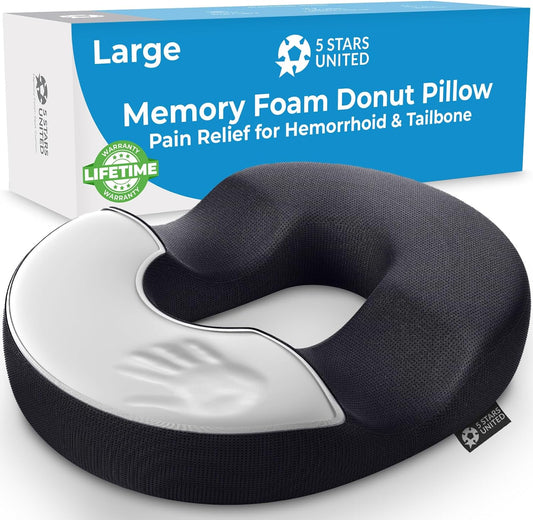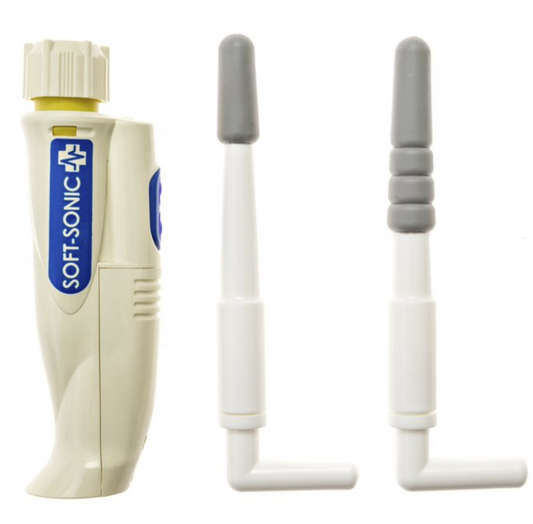
Life Expectancy After Prostate Removal: What You Need to Know
Share
If you're facing prostate surgery or recently underwent one, the question of life expectancy probably keeps you up at night. It's one of the most common concerns men have, and it's completely understandable.
The truth is, medical research tells a much more encouraging story than you might think. The outcomes are often better than patients fear.
This article breaks down what the science actually says about life expectancy after prostate removal.
Does Prostate Removal Affect Life Expectancy?
No, prostate removal does not significantly reduce life expectancy. The procedure targets the prostate gland to treat conditions like cancer, but it doesn’t interfere with vital organs or overall body function. Most men recover well and go on to live full, healthy lives.
In fact, a comprehensive study found that men who underwent prostatectomy lived just as long as those who chose other treatments, proving that the surgery targets cancer cells while preserving your body's vital systems.
Think of it this way, removing your prostate is like taking out a malfunctioning part from a car engine. Once it’s gone, the system can run more smoothly.
Your body adapts well to life without the prostate, especially when the surgery removes cancer cells that could have caused serious harm if left untreated.
Prostate Cancer Survival Rates After Prostatectomy
Prostatectomy, the surgical removal of the prostate gland, is a primary treatment option for localized prostate cancer. The survival rates after a prostatectomy are generally very high, especially when the cancer is detected at an early stage.
Here's a breakdown of typical survival rates after prostatectomy:
|
Years After Surgery |
Survival Rate |
What It Means |
|
5 years |
97–98% |
Most men with localized or regional prostate cancer are still alive five years after surgery. |
|
10 years |
75–83% |
Survival remains strong and is similar to those who choose radiation or active surveillance. |
|
15 years |
~60% overall ~95% for localized/regional |
Most deaths at this stage are due to aging, not cancer or surgery. Men with early-stage cancer still have excellent outcomes. |
|
20 years |
Over 80% cancer-specific survival |
More than 80% of men do not die from prostate cancer 20 years after surgery. This reflects the effectiveness of treatment for localized disease. |
These numbers show that prostate removal does not shorten life expectancy. Most men live well into their natural lifespan, and long-term survival remains high, especially when the cancer is caught early.
Factors That Influence Life Expectancy After Prostate Removal
Several key variables determine your long-term outlook after surgery.
Age & Comorbidities
Men over 75 or those with significant medical problems face higher risks, with mortality rates potentially increasing up to seven times.
However, this increased risk stems from overall health status rather than the surgery itself. The Charlson Comorbidity Index helps doctors assess how existing conditions might affect your recovery and survival prospects.
Cancer Stage & Gleason Score
Your cancer's characteristics play the most crucial role in determining outcomes. Earlier-stage cancers caught before spreading beyond the prostate offer excellent prognosis.
Lower Gleason scores indicate less aggressive cancer cells, which respond better to surgical treatment and predict longer survival rates.
Treatment Type
The approach your medical team chooses significantly impacts your results. Studies comparing surgery to radiation therapy show that surgical patients often experience better long-term outcomes.
This advantage becomes more pronounced over time, particularly in younger, healthier patients who can better tolerate the procedure.
Surgical Technique
Modern surgical methods have revolutionized patient outcomes. Nerve-sparing procedures help preserve erectile function while maintaining cancer control.
Robotic surgery techniques reduce complications and speed recovery times, contributing to better quality of life without compromising survival rates.
Quality of Life Post-Prostate Removal
Life after prostate removal involves some adjustments, but most men adapt well with time and the right support.
Two of the most common side effects are erectile dysfunction and urinary incontinence. While these can affect daily comfort at first, they usually improve within the first year and do not impact life expectancy.
Moreover, you will no longer be able to have children through sexual intercourse, but sexual function often returns gradually as your body heals. Many men continue to enjoy fulfilling intimate relationships after recovery, with support from medications, devices, or counseling if needed.
Physical recovery is often gentle and steady, with most men easing back into their usual activities within six to eight weeks. As the body heals, energy and strength gradually return, and exercise becomes more comfortable day by day.
For many, the emotional relief of having treated the cancer brings a renewed sense of well-being. It's not uncommon to hear men say they feel healthier and more at peace than they did before surgery.
How to Maximize Longevity After Prostate Removal Surgery
Living a long and healthy life after prostate removal means looking after both your recovery and your overall well-being.
Since prostatectomy is often done for early-stage cancer with high survival rates, the focus after surgery is staying cancer-free, managing side effects, and maintaining overall health.
Here are some practical ways to support your health and longevity after prostatectomy:
Healthy Lifestyle
Your daily habits become even more important after surgery. A balanced diet rich in fruits, vegetables, and lean proteins supports healing and long-term health.
Regular exercise strengthens your body and improves mood, while managing other health conditions like diabetes or heart disease protects your overall well being.
Routine Monitoring
Staying connected with your healthcare team ensures the best possible outcomes. Follow-up appointments help detect any signs of cancer recurrence early, giving you the best chance for successful treatment.
PSA level checks provide crucial information about your recovery progress and alert doctors to any concerning changes.
Consider Multimodal Treatment
Sometimes combining approaches yields superior results. When your doctor recommends pairing surgery with radiation or hormone therapy, these combinations can improve long-term cancer control.
The goal is maximizing your chances of remaining cancer-free for decades while minimizing side effects.
Mental health support shouldn't be overlooked. Counseling helps process the emotional aspects of cancer diagnosis and treatment. Support groups connect you with other men who've walked similar paths. Addressing psychological wellbeing contributes to overall quality of life.
When Is Prostate Removal Less Beneficial?
For men over 75 or those with a limited life expectancy due to other health issues, less invasive treatments might be more appropriate. In these cases, the decision often comes down to weighing the benefits of cancer control against the potential risks of surgery.
Certain health issues like heart disease or uncontrolled diabetes can make surgery riskier. Your doctor will evaluate whether it’s safe for you to proceed.
In cases where prostate cancer has already spread beyond the gland, surgery on its own may not be the most effective option. Your doctor may recommend starting with hormone therapy or radiation instead, with surgery considered later depending on how the cancer responds.
Frequently Asked Questions
Can you live a normal life without a prostate?
Yes, you can live a normal life without a prostate. Most men adapt completely to life without this gland and maintain active, fulfilling lifestyles.
How long does it take to heal internally after prostate surgery?
Internal healing after prostate surgery typically takes 6-8 weeks. However, full recovery may extend to 3-6 months depending on the type of surgery and individual healing factors.
Does prostate removal guarantee the cancer won't come back?
Prostate removal does not guarantee cancer won't return. While surgery removes the primary tumor and prostate gland, cancer cells may have spread beyond the prostate before surgery. Regular PSA blood tests and follow-up care are essential to detect any recurrence early.
What foods should I avoid after prostate surgery?
After prostate surgery, avoid spicy foods, caffeine, alcohol, and acidic foods that may irritate the bladder during healing. Focus on a balanced diet rich in fruits, vegetables, and lean proteins. Limit processed foods and stay well-hydrated with water.
Is coffee good after prostate surgery?
Coffee after prostate surgery should be limited initially, as caffeine can irritate the bladder and worsen urinary symptoms. Most doctors recommend avoiding or reducing coffee for the first few weeks post-surgery.
Optimize Your Prostate Health Before There's a Problem
When it comes to prostate health, prevention is one of the most powerful tools you have. Supporting your body now can help you stay ahead of potential problems later on.
One of the most trusted options is the Ultra Prostate Health Formula from the Prostate Health Store. This daily supplement combines 11 carefully selected nutrients to support natural prostate function. It’s non-GMO, gluten-free, and designed for men at any stage of life.
For a more active approach, our patented Sonic Prostate Massager provides gentle, therapeutic stimulation to support circulation and comfort. Many men use it at home as part of their regular prostate wellness routine.
Take control of your prostate health today with science-backed products trusted by thousands of men worldwide.




